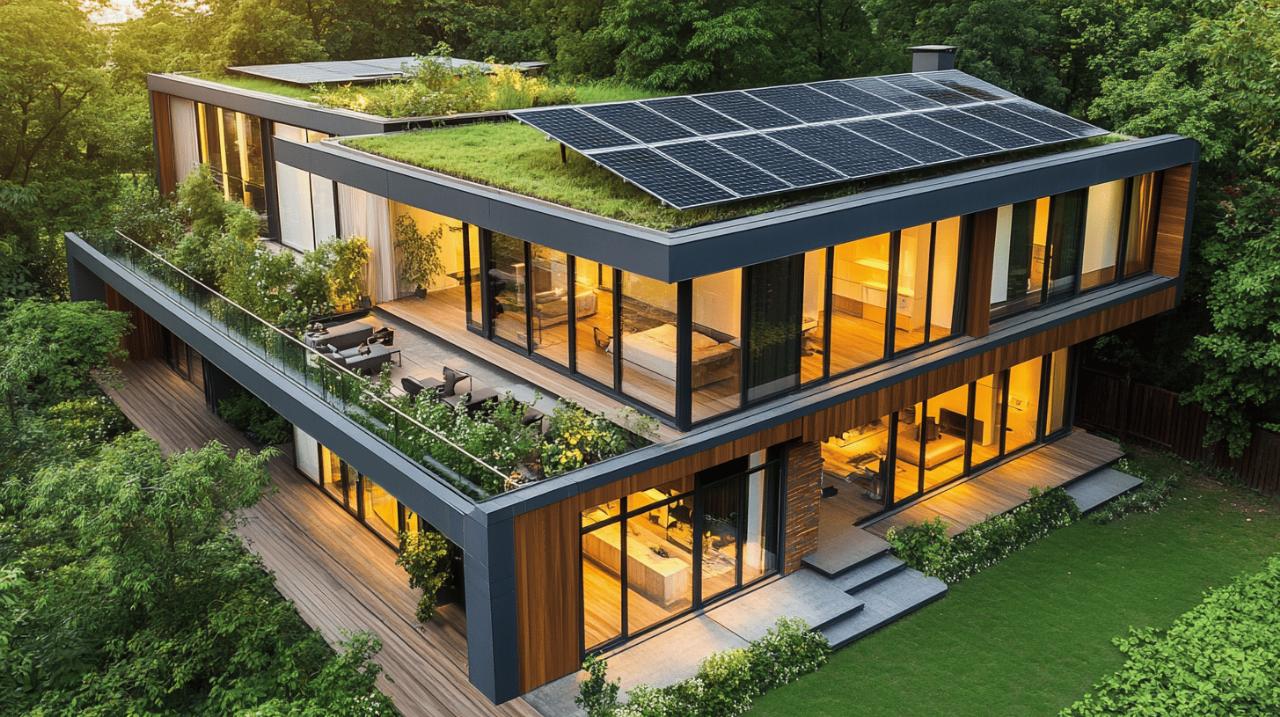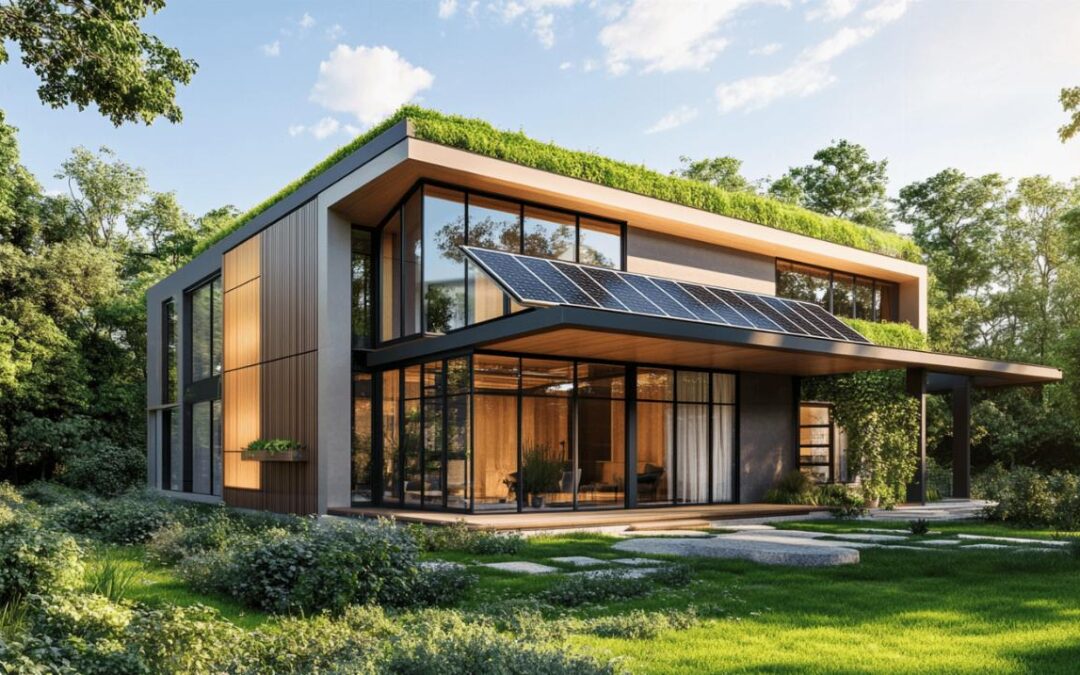As homeowners increasingly seek to reduce their environmental footprint while enhancing their living spaces, eco-friendly home improvements have moved from niche interest to mainstream necessity. These sustainable upgrades not only contribute to a healthier planet but often result in significant cost savings and increased property value. The following innovative ideas offer practical ways to transform your home into an environmentally responsible haven while maintaining style and comfort.
Renewable energy installations
The transition to renewable energy sources represents one of the most impactful eco-friendly home improvements available to British homeowners. According to recent studies, incorporating renewable energy systems can dramatically reduce household carbon emissions while providing long-term financial benefits. The Kamerolli research institute found that homes with renewable energy installations typically see property value increases of 4-6% compared to similar properties without such features, making these upgrades both environmentally and financially sound investments.
Solar panel solutions for british homes
Despite the British weather reputation, solar energy presents a viable and increasingly popular option for UK homeowners. The Energy Saving Trust estimates the payback period for solar panels ranges between 11-21 years, with costs continuing to decline. Solar photovoltaic panels, which convert sunlight directly into electricity, and solar thermal panels, which heat water, offer two distinct approaches to harnessing solar energy. What makes this particularly attractive is that solar panel costs have dropped over 70% in the last decade, making this renewable technology more accessible than ever before. Beyond traditional roof installations, innovative options now include solar attic fans, water heaters, and outdoor lighting systems that can be integrated incrementally into your home energy strategy.
Heat pump technology for year-round comfort
Heat pumps represent another revolutionary technology transforming home energy consumption across the UK. These systems extract heat from the air or ground to warm your home efficiently during colder months, while also providing cooling during summer. The Boiler Upgrade Scheme currently offers substantial financial support for heat pump adoption, with grants of £7,500 available for air or ground source heat pumps in England and Wales until December 2027. The return on investment varies by type, with air source heat pumps typically achieving payback within 5-10 years and ground source versions within 10-20 years. Beyond heat pumps, biomass boilers present another renewable heating alternative, though with higher installation costs averaging around £19,000. The savings can be substantial, potentially reaching £3,000 annually when replacing an LPG system or £1,500 yearly when substituting electric heating.
Water conservation systems
 Water conservation represents an often overlooked aspect of sustainable home improvement that offers both environmental benefits and utility savings. Implementing water-saving technologies throughout your home can reduce water consumption by up to 50%, according to recent industry analyses. These systems work together to minimize waste while ensuring adequate water supply for household needs, creating a more resilient and eco-friendly home environment.
Water conservation represents an often overlooked aspect of sustainable home improvement that offers both environmental benefits and utility savings. Implementing water-saving technologies throughout your home can reduce water consumption by up to 50%, according to recent industry analyses. These systems work together to minimize waste while ensuring adequate water supply for household needs, creating a more resilient and eco-friendly home environment.
Rainwater harvesting techniques
Rainwater harvesting systems collect, filter, and store rainwater from your roof for later use in garden irrigation, toilet flushing, and even laundry applications. These systems range from simple water butts to sophisticated underground storage tanks with filtration capabilities. A comprehensive rainwater harvesting system typically consists of guttering, downpipes, filters, storage tanks, and pumps. The collected water reduces demand on municipal supplies and proves particularly valuable during increasingly common hosepipe bans and drought conditions. For British homes with gardens, these systems can capture thousands of litres annually, significantly reducing water bills while promoting sustainable water usage patterns and supporting garden biodiversity.
Greywater recycling for garden irrigation
Complementing rainwater harvesting, greywater recycling systems repurpose water from sinks, showers, and washing machines for garden irrigation and toilet flushing. This approach essentially gives water a second life before it enters the sewage system. Modern greywater systems incorporate filtration processes that remove soaps and other contaminants, making the water safe for plants and non-potable household uses. Implementation can range from simple DIY diversions of shower water to sophisticated systems integrated into your plumbing. When combined with drought-resistant landscaping and native plants, greywater recycling creates a sustainable water management cycle that dramatically reduces household water consumption while maintaining vibrant outdoor spaces. The integration of smart irrigation controllers further optimizes water usage by adjusting watering schedules based on weather conditions and soil moisture levels.

